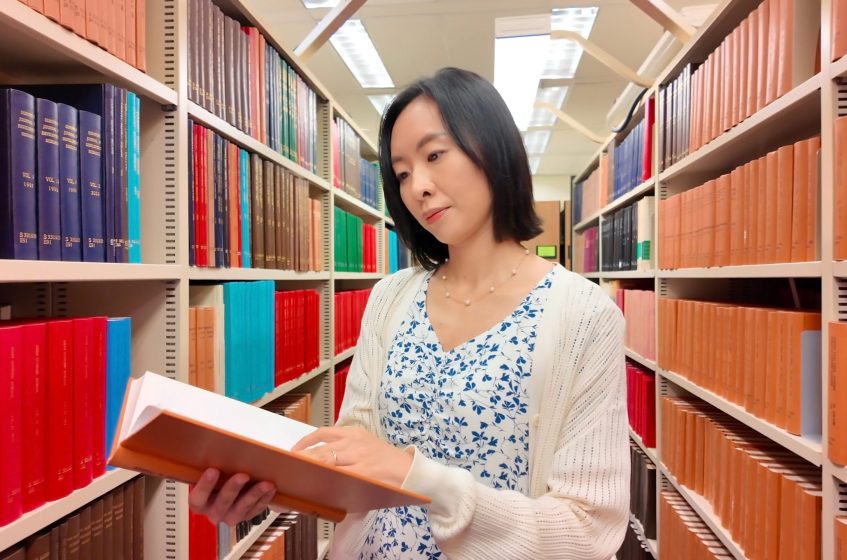
Putting Families First: Professor Naijia Guo Shines a Spotlight on Family Economics and Tackles Asia’s Fertility Concerns
Professor Naijia Guo has extensively researched labour economics and family economics, with a particular focus on structural labour. Having grown up in Shenzhen, a Southern Chinese city instrumental to China’s reform and opening-up, she is especially interested to this research topic. There, Professor Guo witnessed rapid developments driven by an influx of labour which has created a unique immigrant culture.
Her experience growing up in the dynamic city of Shenzhen also inspired her to explore other parts of the world. After receiving her Ph.D. in Economics from the University of Pennsylvania and B.A. in Finance from Peking University, Professor Guo found herself immensely drawn to Hong Kong. She thinks the city has “beautifully preserved Chinese culture while embracing Western ideas”.
Since 2016, Professor Guo has served as the Principal Investigator in five different research projects funded by the Hong Kong Research Grants Council, a non-statutory body that advises the Hong Kong SAR government on the needs of local higher education institutions. She is now an Assistant Professor at the University of Hong Kong where she teaches undergraduates and graduates in econometrics, computational methods in economics and labour economics. And her papers have been published in the International Economic Review, Quantitative Economics, The Economic Journal and the Journal of Human Resources.
Besides research on intra-household decisions, migration, wages and unemployment, Professor Guo has also been looking at ways to address fertility concerns and put forward ideas that better support families. She said the implications of low fertility rates are “far-reaching and unsustainable”, which would lead to a growing ageing population, adding pressure on the pension system and potentially impede GDP growth. In Hong Kong, where work hours are notoriously long and childcare services are pricey, the city’s birth rate has steadily declined and is now one of the world’s lowest. That is why the local government is offering financial incentives to new parents to boost the city’s fertility rate. Yet a fundamental step, Professor Guo said, is to “ensure accessible and affordable childcare facilities, and expand education opportunities”.
Being both an educator and a mother of two, it’s no surprise that education is a research topic close to Professor Guo’s heart. She shares the concerns of immense pressure faced by students in Hong Kong, as she encourages them to “look at the bright side and believe in yourself” instead of pushing themselves to the edge.
Outside the classroom, Professor Guo finds great joy in playing badminton as well as promoting Chinese classical and folk dance.





